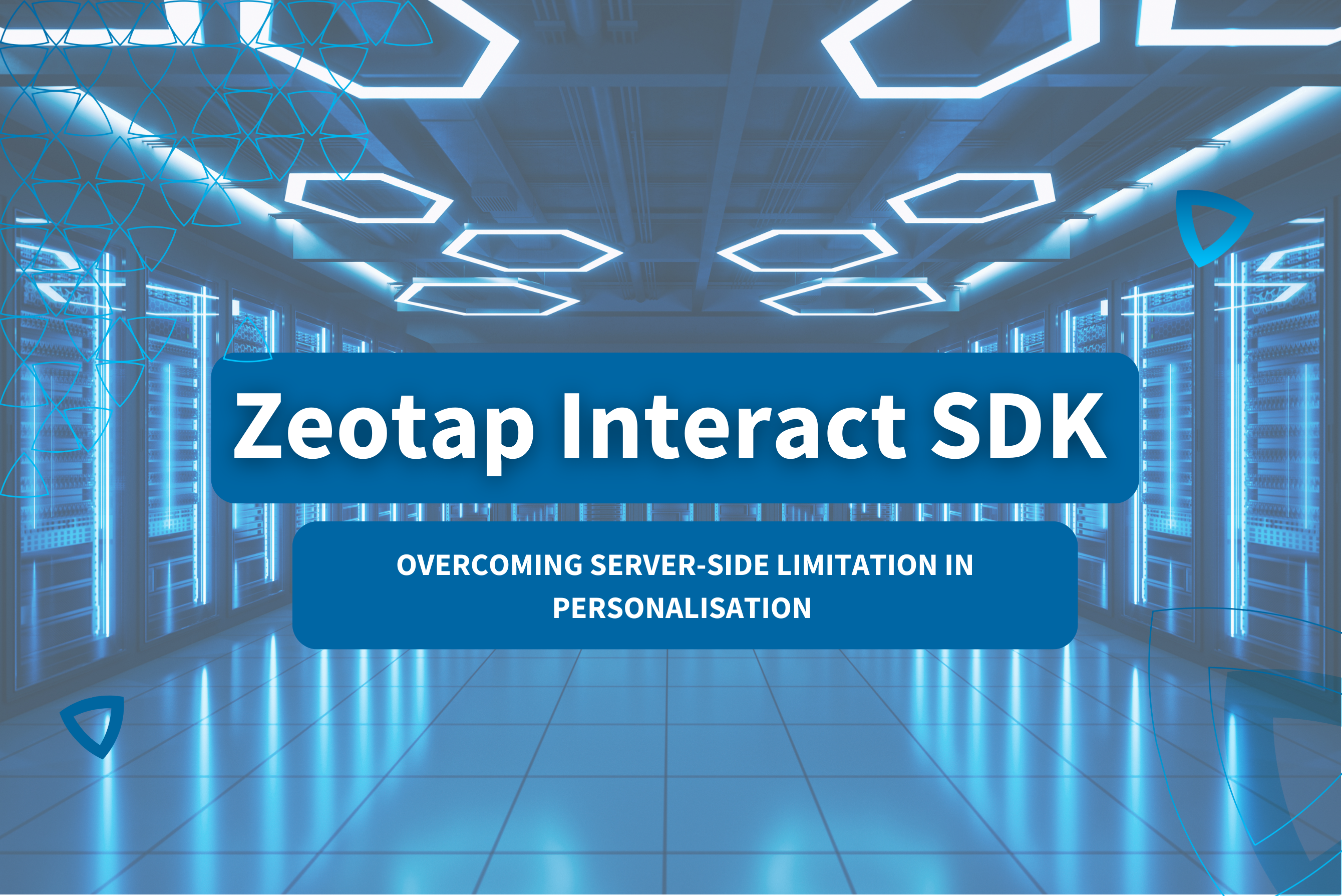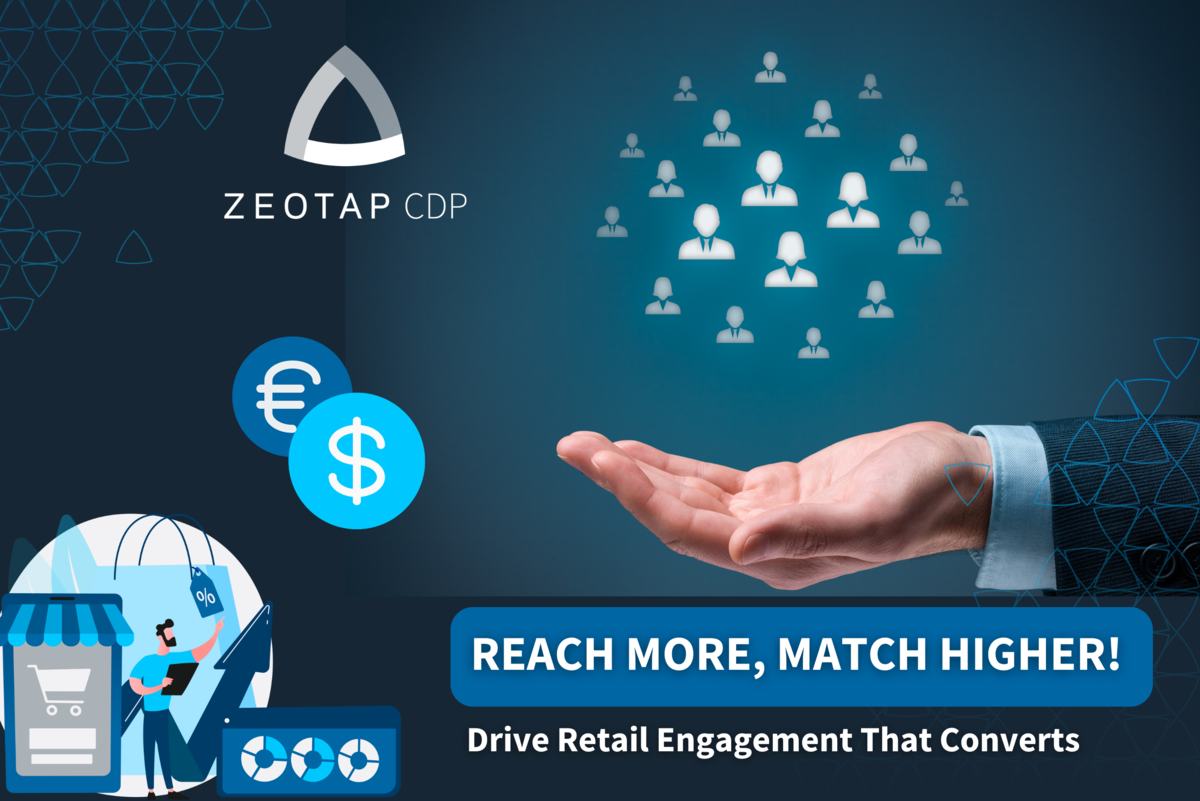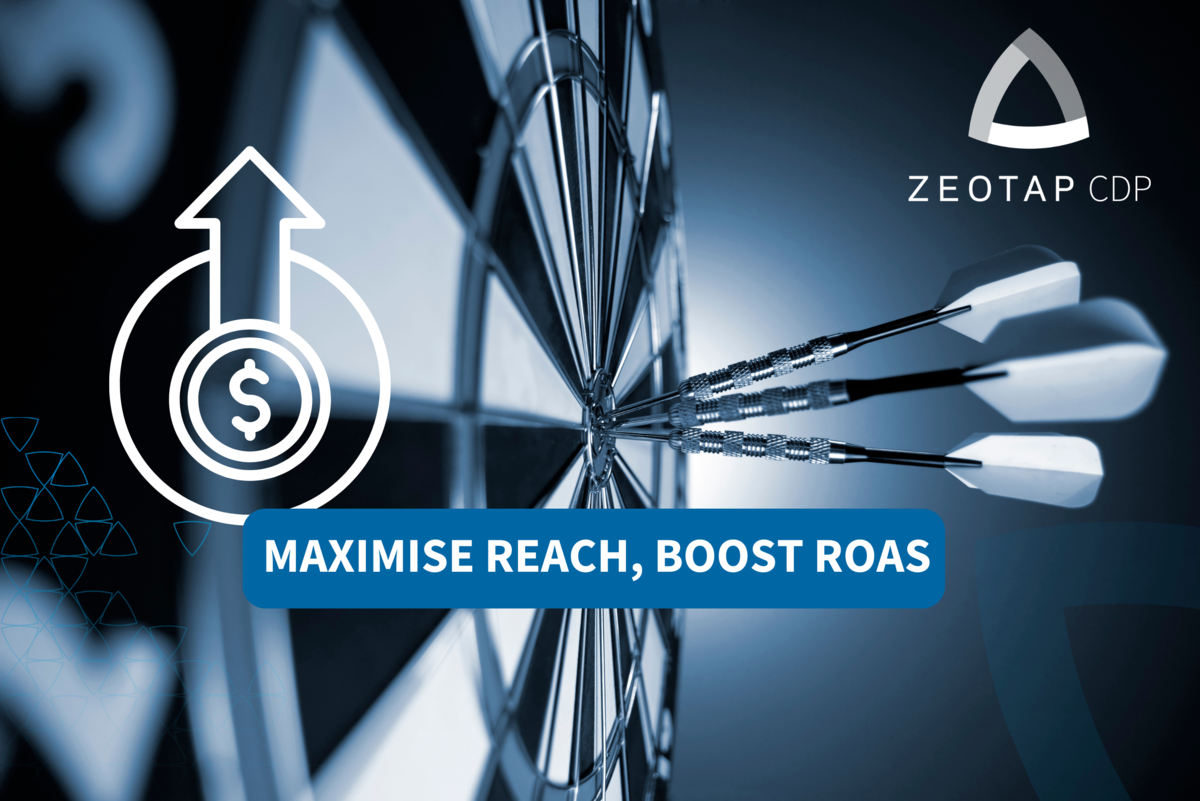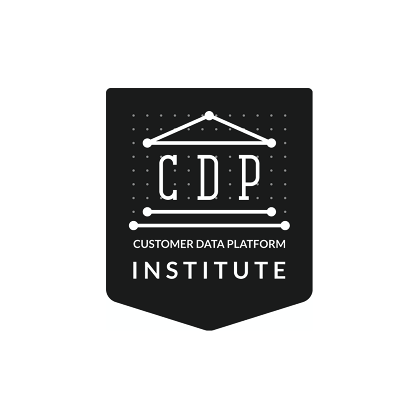As the digital advertising landscape evolves and cookie-based targeting becomes increasingly limited, businesses face the challenge of finding new ways to reach and engage their target audiences. This article explores the shifting landscape of data management platforms (DMPs) and emphasises the importance of a robust first-party data strategy in this new era. Specifically, we will delve into the role of Customer Data Platforms (CDPs) and how they enable businesses to leverage their first-party data to drive marketing effectiveness, ensure compliance with privacy regulations, and navigate the cookie-less future with confidence.
What is a DMP?
The DMPs were started to address the growing need for managing and utilising large volumes of data in the digital advertising industry. With the rise of digital advertising, there was an explosion of data generated from various sources like websites, mobile apps, social media platforms and more. Advertisers and marketers needed a centralised platform to collect, store and organise this data for advertising, analysis and campaign optimisation. The primary purpose of a DMP is to facilitate audience targeting and data-driven advertising by creating distinct segments based on demographic, behavioural or contextual information. With DMPs, advertisers and publishers can optimise their advertising strategies, enhance audience engagement and drive impactful results through highly focused and personalised campaigns.
DMPs primarily relied on non-persistent identifiers like cookies for creating customer profiles, segmenting and tracking the performance of the campaigns across the open web. The era of relying on third-party cookies for audience targeting, digital media buying, measurement and personalisation is drawing to a close. As data restrictions continue to escalate due to privacy regulations, enhanced browser protections and the dominance of closed ecosystems like Amazon and Facebook, the foundational capabilities of DMPs are being hindered. It is imperative for companies to proactively invest in their first-party data strategy to adapt to this changing landscape.
The role of a CDP
A CDP serves as a powerful solution for consolidating and unifying customer data from various sources, including online and offline interactions, CRM systems, websites, and more. Unlike traditional DMPs, CDPs prioritize the creation of comprehensive and unified customer profiles that incorporate both known and unknown customer data. This comprehensive view of customers enables marketers to gain deeper insights and deliver personalized marketing experiences.
Differentiating Features of a CDP: CDPs stand out from DMPs and other data management solutions through several distinctive features. Firstly, CDPs handle various forms of personally identifiable information (PII), such as names, emails, transaction data, and social media interactions, whereas DMPs primarily rely on anonymized third-party data. Additionally, CDPs prioritize data privacy and compliance by adhering to regulations like GDPR and CCPA, offering consent management capabilities and data subject request management. CDPs also excel in real-time data processing, facilitating timely and personalized marketing actions.
With a growing global emphasis on consumer privacy, the future of CDPs is promising. New regulations and data governance guidelines give individuals more control over their data, prompting companies to prioritise compliance and transparency. At Zeotap CDP, privacy and compliance with stringent regulations hold the utmost importance. We differentiate ourselves from both DMPs and other CDPs in the market through our exceptional handling of Personally Identifiable Information (PII), our unwavering focus on data privacy and security, our ability to stitch unknown to known identifiers along with our unparalleled data persistence and persistent identifiers
- Personally Identifiable Information (PII): CDPs excel in processing diverse forms of personally identifiable information (PII), encompassing names, emails, transaction data and social media interactions. Conversely, DMPs focus on anonymised data from third-party sources. Zeotap CDP stands out by accommodating both hashed and Raw PII, providing enhanced security through encryption for storing and utilising sensitive PII data across multiple activation channels. By eliminating the need for multiple data versions, Zeotap enables broader customer acquisition. Raw PII from various sources is seamlessly managed, configured and activated with utmost security.
- Data privacy and security at Zeotap: Zeotap CDP prioritises data privacy and compliance and ensures adherence to privacy frameworks such as CCPA and GDPR, while also enabling effective marketing activation. Throughout the data lifecycle, Zeotap places a strong emphasis on secure processing, encrypting flagged PII data using the RSA Encryption Algorithm and then using it for activation. Authorised downstream systems access this data only when necessary for activation, and selective sharing of identifiers and raw data ensures information is shared solely where required and confirmed by the brand. The platform also offers consent orchestration automating compliance processes and efficiently manages data subject requests, including bulk deletion and comprehensive logging for auditing purposes
- Stitching unknown-to-known user interactions: The core functionality of Zeotap CDP lies in its ability to create a comprehensive view of the customer by combining data from various touchpoints. While CDPs from specific domains excel in either known or unknown user scenarios, advanced ID stitching capabilities are crucial in the omnichannel world to unify customer journeys across different channels. Zeotap, with its extensive data management capabilities, stands out by seamlessly merging user records based on defined merge controls, enabling identity stitching and unification. Notably, Zeotap excels in stitching unknown user interactions to known ones, ensuring the accuracy of profiles created using high-fidelity IDs.
- Data persistence and persistent identifiers: CDPs excel at persistently storing individual-level customer data, ensuring comprehensive, long-term customer profiles that retain historical records and updates. In contrast, DMPs prioritise real-time data processing and temporary audience segment creation for immediate ad targeting, resulting in shorter data retention periods. Zeotap CDP offers a key feature of Persistent Identifiers, which unify user data across devices, environments and platforms, providing a consistent view of customers. This enables accurate, scalable, and privacy-compliant identity linkages, creating persistent and addressable individual profiles.
- Server-to-server data activation on Adtech channels: Zeotap CDP also enables server-to-server data activation on Adtech channels like Facebook Conversions API. This allows more reliable tracking of events than just client-side implementation that could be subjected to things like ad blocking and cookie restrictions. Zeotap CDP further provides the necessary capabilities to activate and utilise data effectively, ensuring smooth communication and optimal performance in your advertising campaigns.
Preparing for the Cookie-less future
In a cookie-less future, data activation becomes a crucial aspect of reaching and engaging target audiences. Zeotap CDP empowers businesses with server-to-server data activation on Adtech channels, ensuring reliable event tracking and optimal performance in advertising campaigns. By investing in a CDP like Zeotap, publishers can leverage their first-party data to enhance accuracy, personalisation, and precise targeting, replacing the reliance on third-party data.
Conclusion
As the digital advertising landscape continues to evolve, businesses must adapt their data management strategies to the cookie-less future. Embracing a CDP as part of a robust first-party data strategy enables organizations to unlock the full potential of their customer data, ensuring compliance, personalization, and accurate targeting. With Zeotap CDP’s unique features and capabilities, businesses can confidently navigate the changing data management landscape, optimize their advertising strategies, and deliver superior user experiences based on accurate and personalized insights shared directly with the brand.
ABOUT THE AUTHOR


































